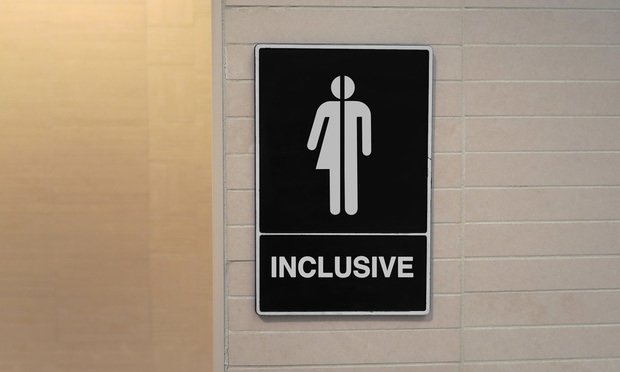
Written by Thobile Mthetwa
Although the South African Constitution is one of the most progressive in the world, it does not provide practical ways for transgender individuals to participate in society. Consequently, transgender individuals in their everyday lives are faced with the dilemma of being mis-gendered by having to use either men's or women's restrooms.
In general, public institutions in South Africa have limited restroom facilities. This means that although the rights of transgender individuals are enshrined in the Constitution they are still not fully recognized and included in society as equal citizens when it comes to the provision of suitable facilities. Transgender individuals often feel uncomfortable when they need to use either male or female restrooms since there is extensive evidence of this resulting in violence, stigma and discrimination directed against transgender individuals.
As a first step we should all advocate for the availability of gender-neutral restrooms in all public institutions. Gender-neutral facilities will help promote gender equality and create more inclusive spaces which supports the right of all South Africans to human dignity. The lack of access to gender-neutral restrooms calls into question the steps being taken by the South African government to practically promote the inclusion of transgender individuals within society. This issue is not uncontested. Many people are against it because of conservative religious views which endorse the essentialist idea of a sex-gender binary. Others argue that restrooms have traditionally been unsafe spaces for female bodies and that gender-neutral spaces make ensuring safety for women more difficult. Some opponents of the issue go as far as to argue that gender-neutral restrooms will serve to increase the visibility of transgender individuals, who may experience heightened levels of violence and stigma, as a result.
However, the provision of gender-neutral restrooms has support from a number of quarters. For one thing it requires less space and is more cost-effective to establish, since “one-size-fits-all”. It has been found that the majority of Millennial and Generation Z employees believe that gender-neutral restrooms should be the norm in the workplace. In addition, many parents of small children have welcomed gender-neutral bathrooms (as a variation of so-called “family” restrooms) which are also in short supply. Gender-neutral restrooms would allow either mothers or fathers to accompany any of their children into the restroom, as opposed to enduring the worried wait outside.
Of course, the implementation of gender-neutral restrooms should not mean that the so-called “male” and “female” restrooms should cease to exist. It is possible to implement non-discriminatory public restrooms in addition to what is already available. The upside is that this simple change in all public institutions would go a long way towards promoting a truly democratic and inclusive environment. We would have a far more engaged citizenry if all South Africans knew that our differences were not just tolerated but actually celebrated.
